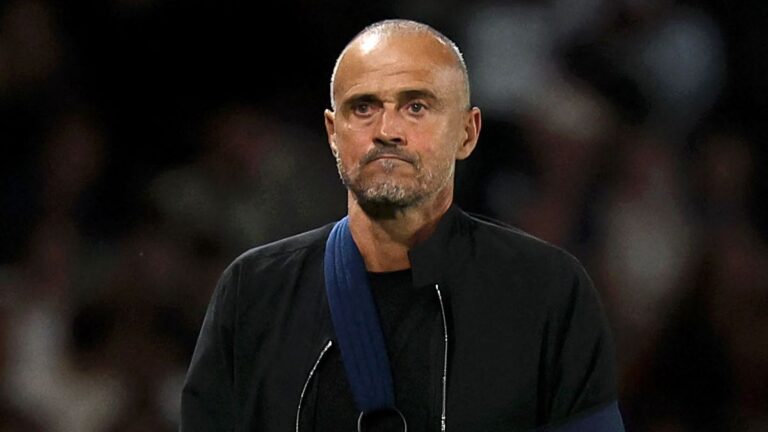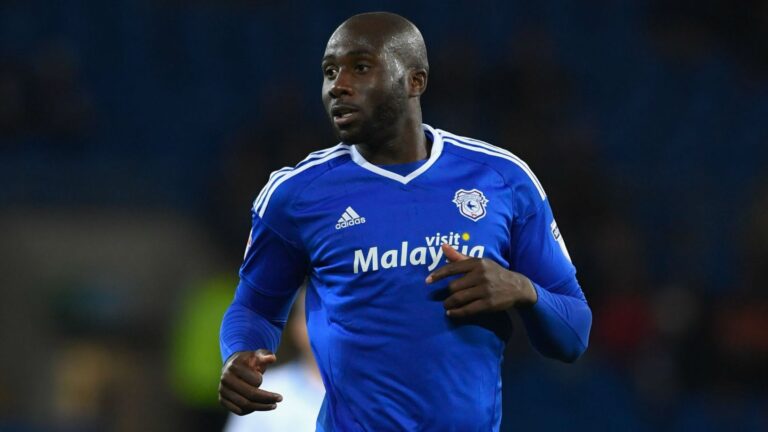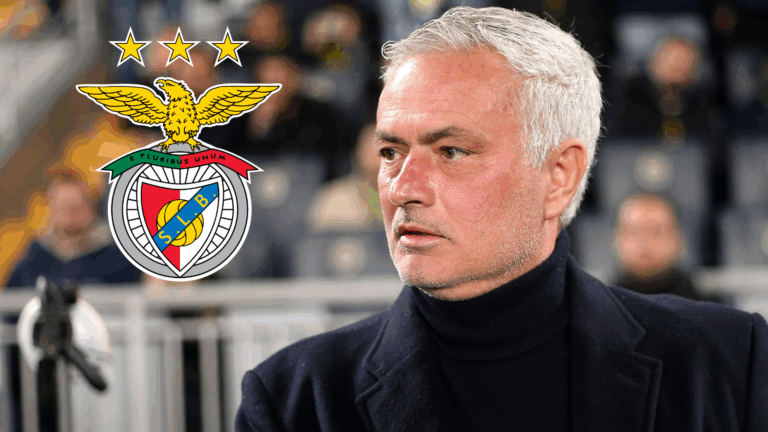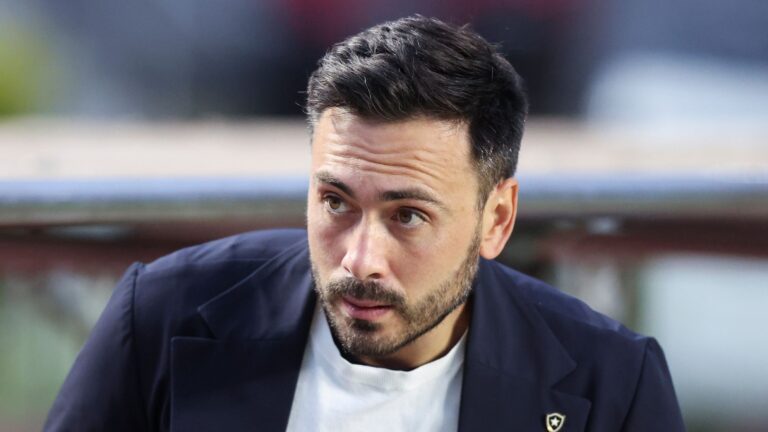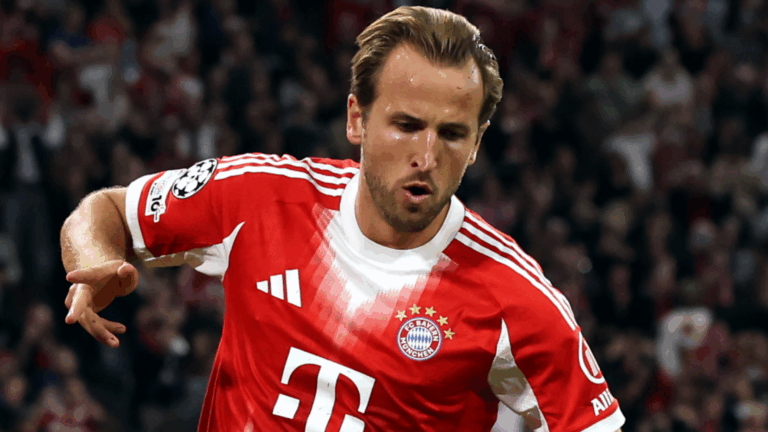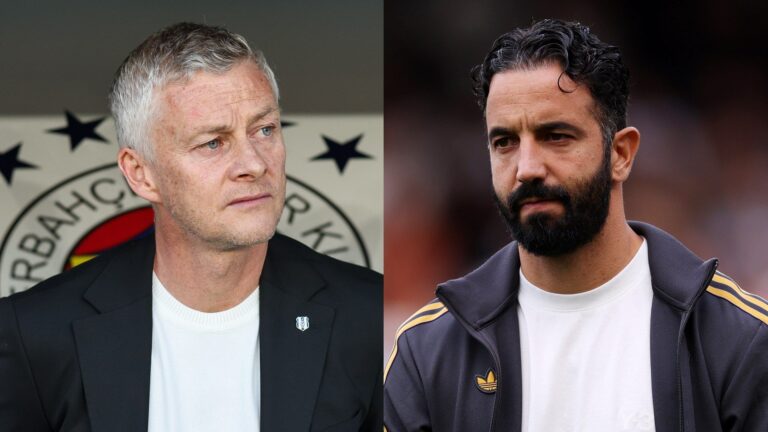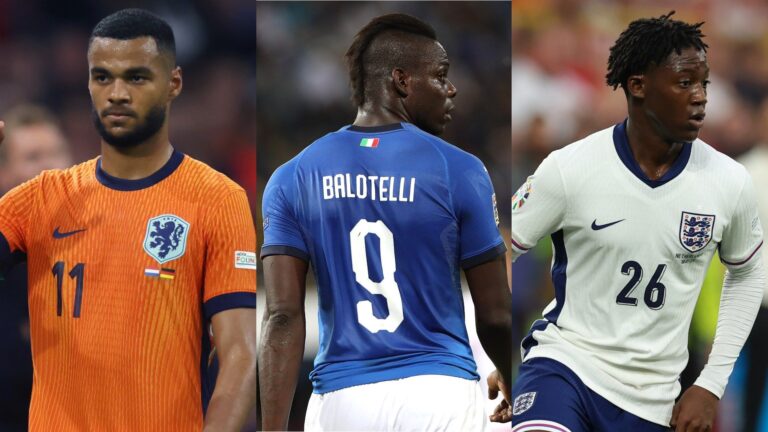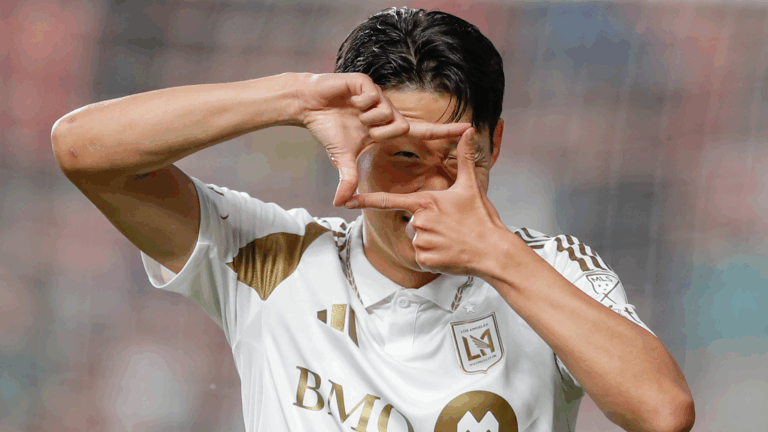- World Cup winner furious at suspension
- Compared ban to cocaine, marijuana cases
- Reveals mental toll, psychologist support



Gomez, a 2022 World Cup winner with Argentina, is preparing to return to professional football after serving a two-year doping ban that began in October 2023. The 37-year-old midfielder tested positive for terbutaline, a banned B2-adrenergic substance similar to salbutamol, after taking a cough syrup intended for his child. Sevilla, his club at the time, terminated his contract following the case, leading Gomez to short spells with Monza before settling at Serie B side Padova. His suspension ends on October 18, when he will finally be eligible to play again.
Speaking to Corta Gomez did not hide his frustration at the perceived injustice of the sanction, contrasting his punishment with how other cases are treated in football, saying: “You take cocaine, smoke a joint, and you get six months. I got two years for taking my son’s cough syrup. Who gets that in their head? But hey, I got it and here I am, still going strong. Yes, I was really angry, really furious. I had a hard time watching football at first; I turned off the television. For me, football was dead. I isolated myself and started working with a psychologist because it was a cycle I couldn’t get out of.”
The Argentine also reflected on the emotional toll of being sidelined right after the greatest triumph of his career, lifting the World Cup in Qatar with Argentina: “The first few months were tough because I didn’t understand why this was happening to me, at the peak of my career, after having won a World Cup. But life sometimes gives you these surprises and blows. It kept me going, like: ‘Why do they have to retire me from football like this if I don’t want to and it’s not my time?’ Why should two or three people in suits and ties, who’ve never played sports, decide when I should retire?”
Gomez’s ordeal highlights the harsh realities of anti-doping rules in football, where intent often matters little once a prohibited substance is found. The case after Gomez compared his punishment to lighter sentences given to players caught with recreational drugs, may call our for larger debate. For the playmaker, the timing was cruel, it came at the peak of his career, just months after lifting the World Cup with Lionel Messi and Argentina in Qatar. Now training with Padova, Gomez views his return not just as a comeback on the pitch, but as a personal rebirth after battling isolation, frustration, and the mental toll of being cast aside by the sport he devoted his life to.
The veteran will officially be eligible to step back onto the pitch on October 18, a date he says feels like his professional debut all over again. His goal is to rebuild his reputation in Italy‘s Serie B with Padova and recapture the joy of playing the game he once thought was “dead” to him. While the past two years left scars, Gomez is determined to write a final chapter on his own terms, proving that persistence can still fuel late-career redemption.


